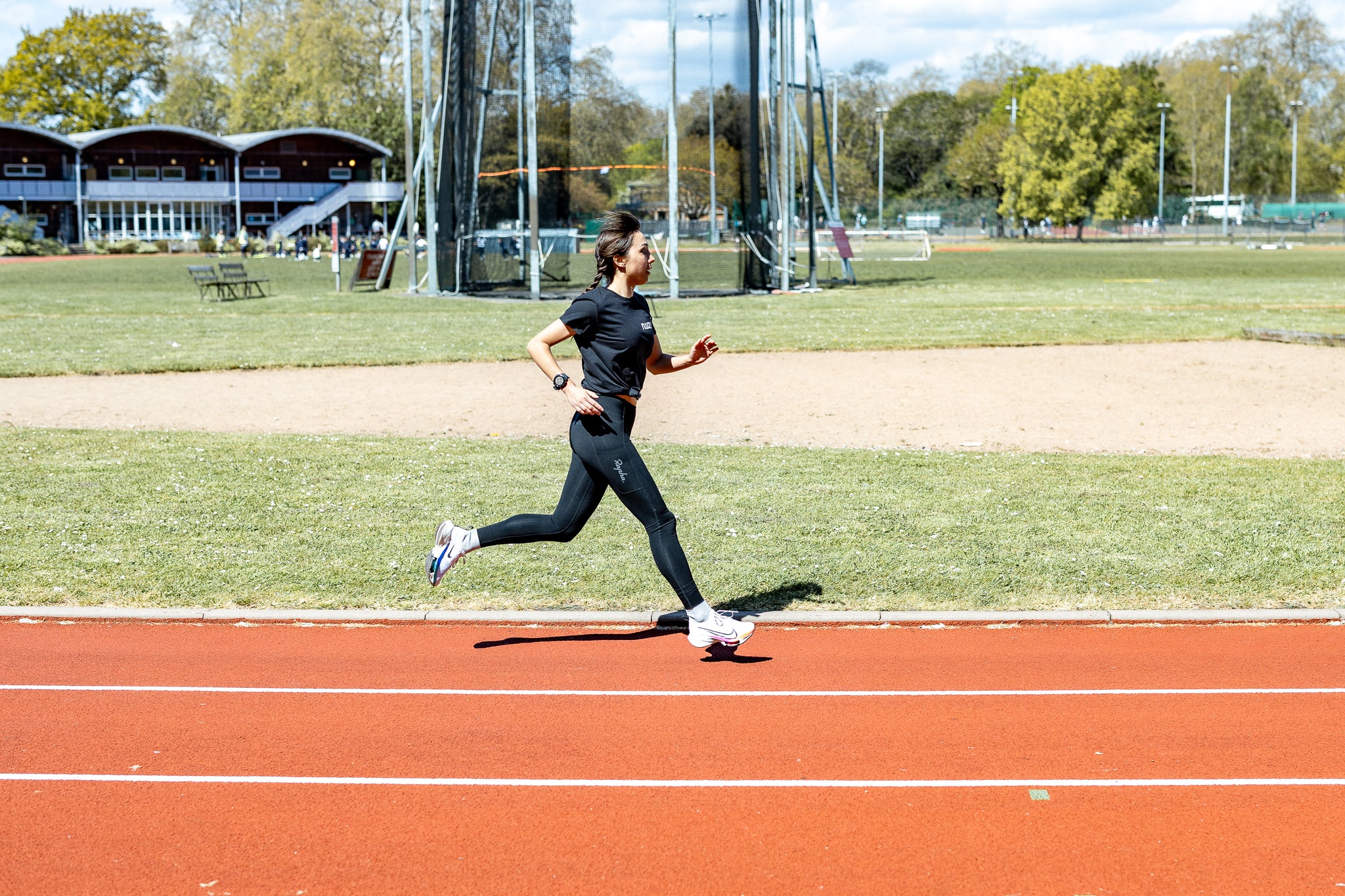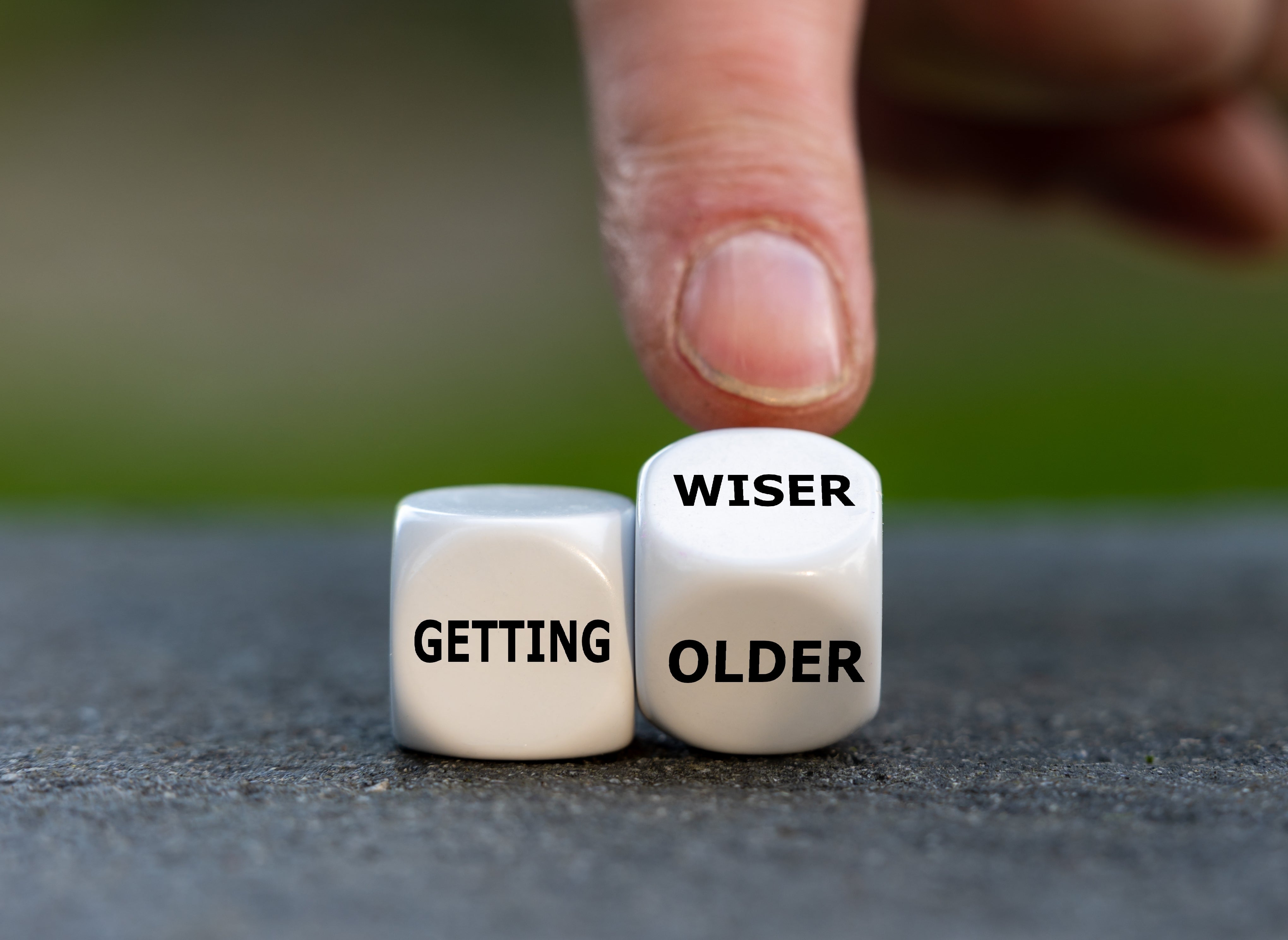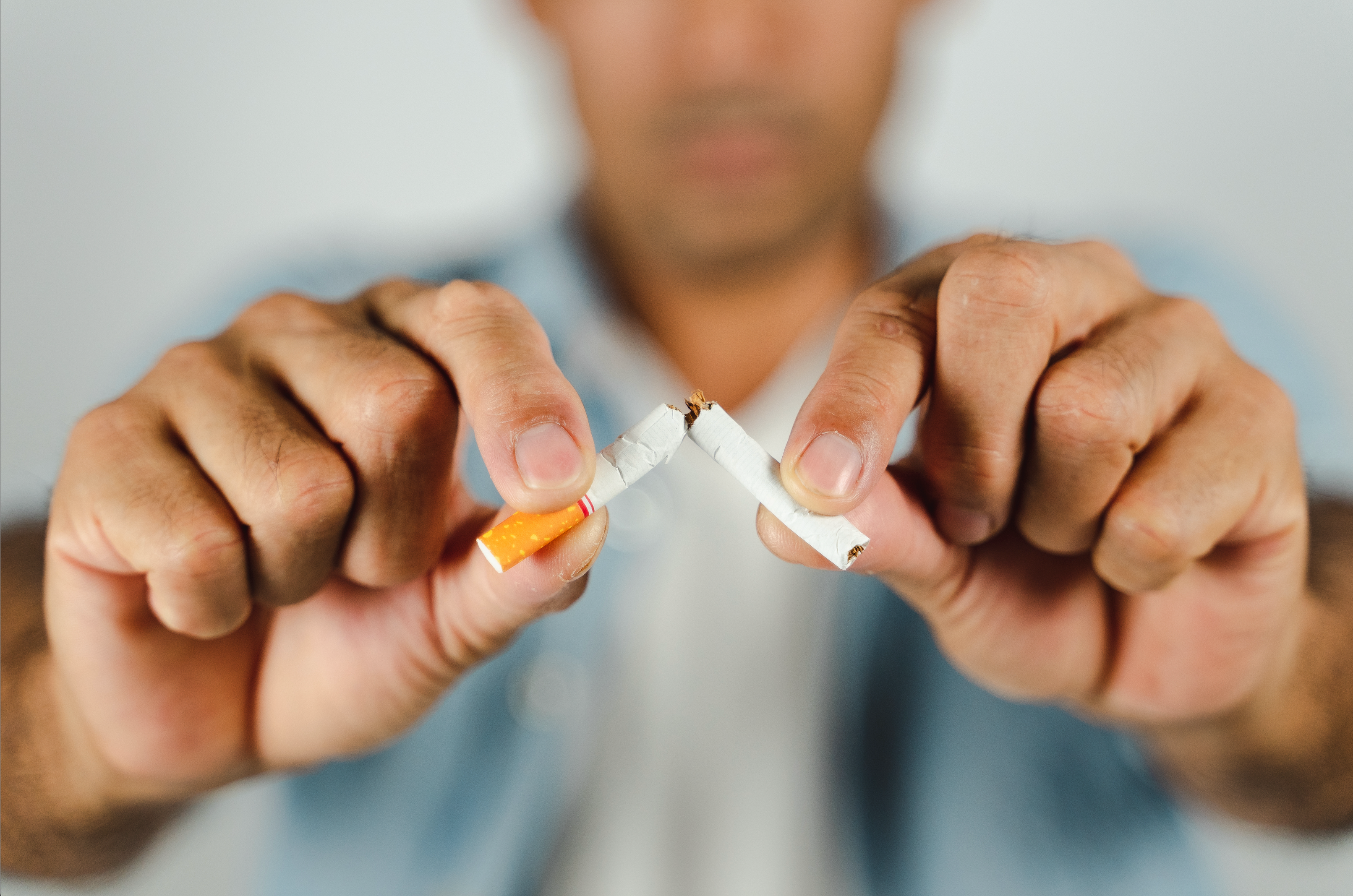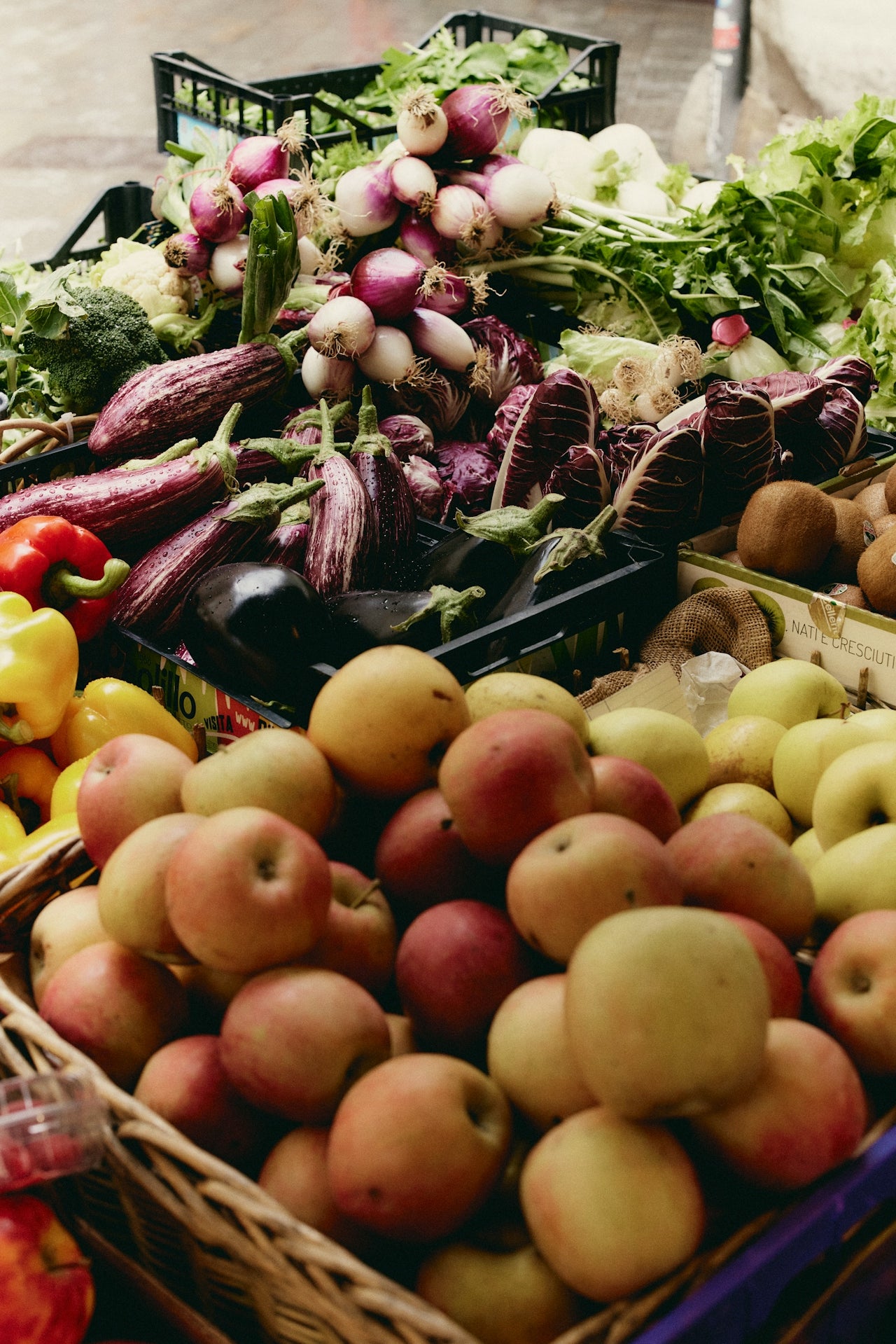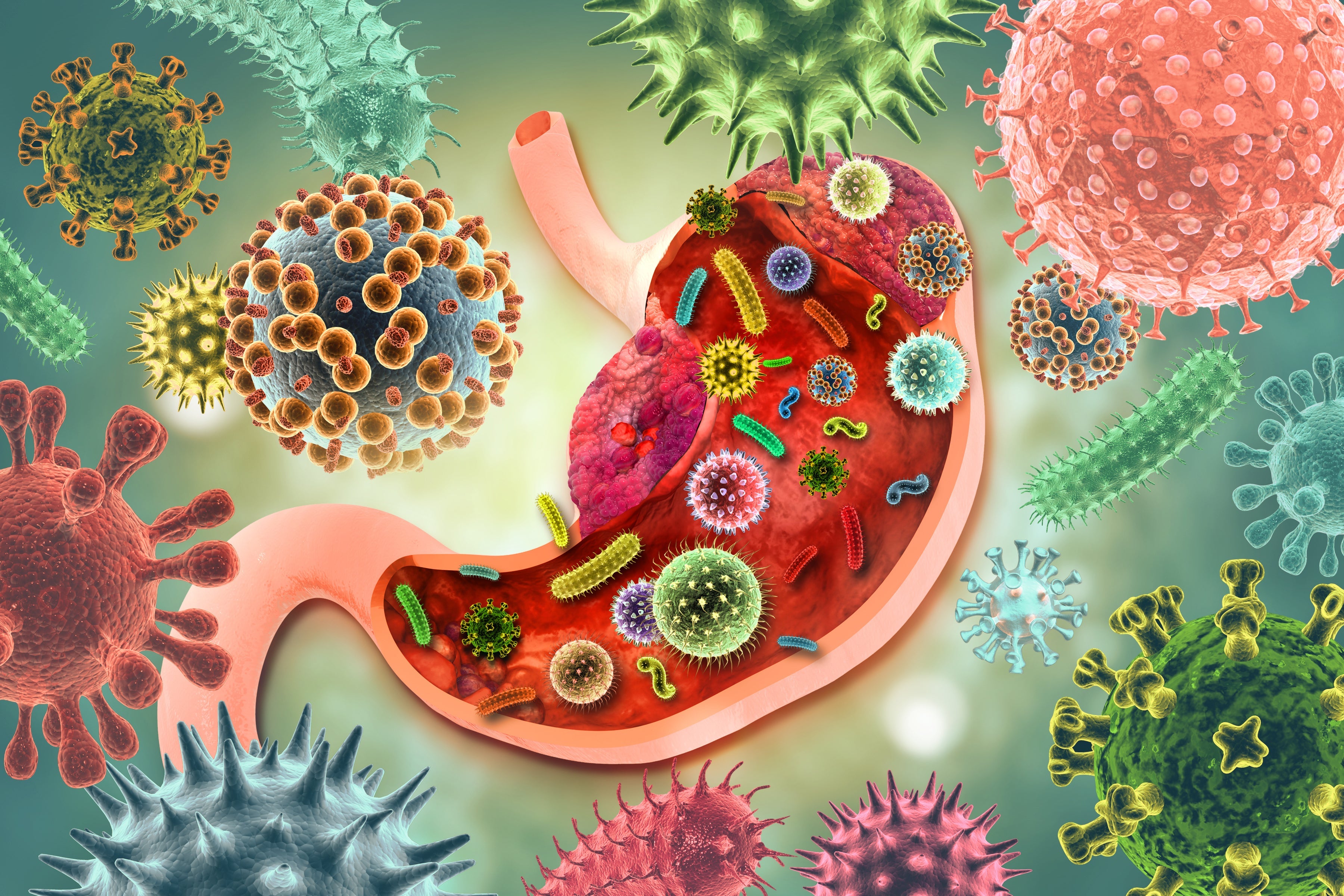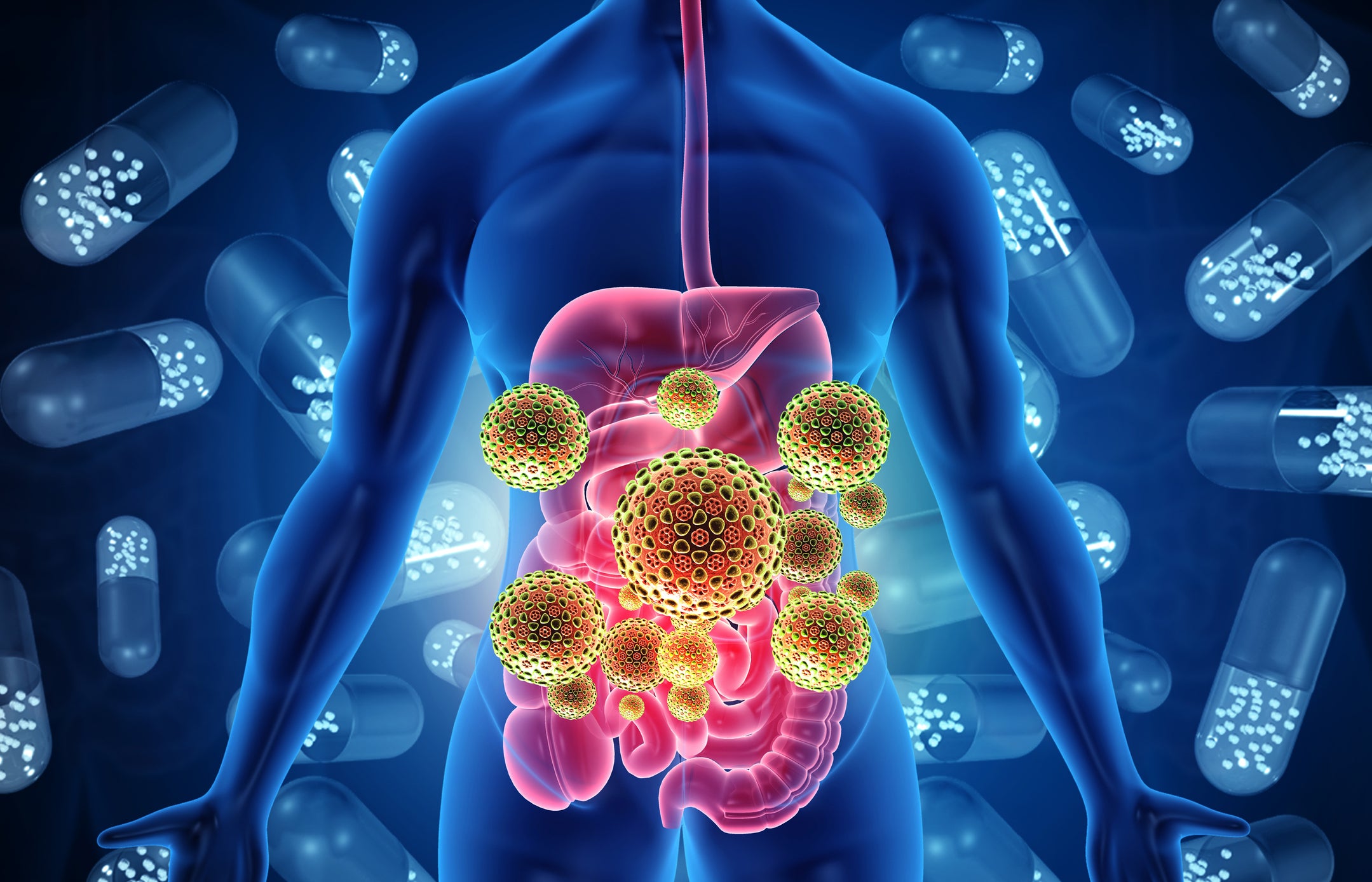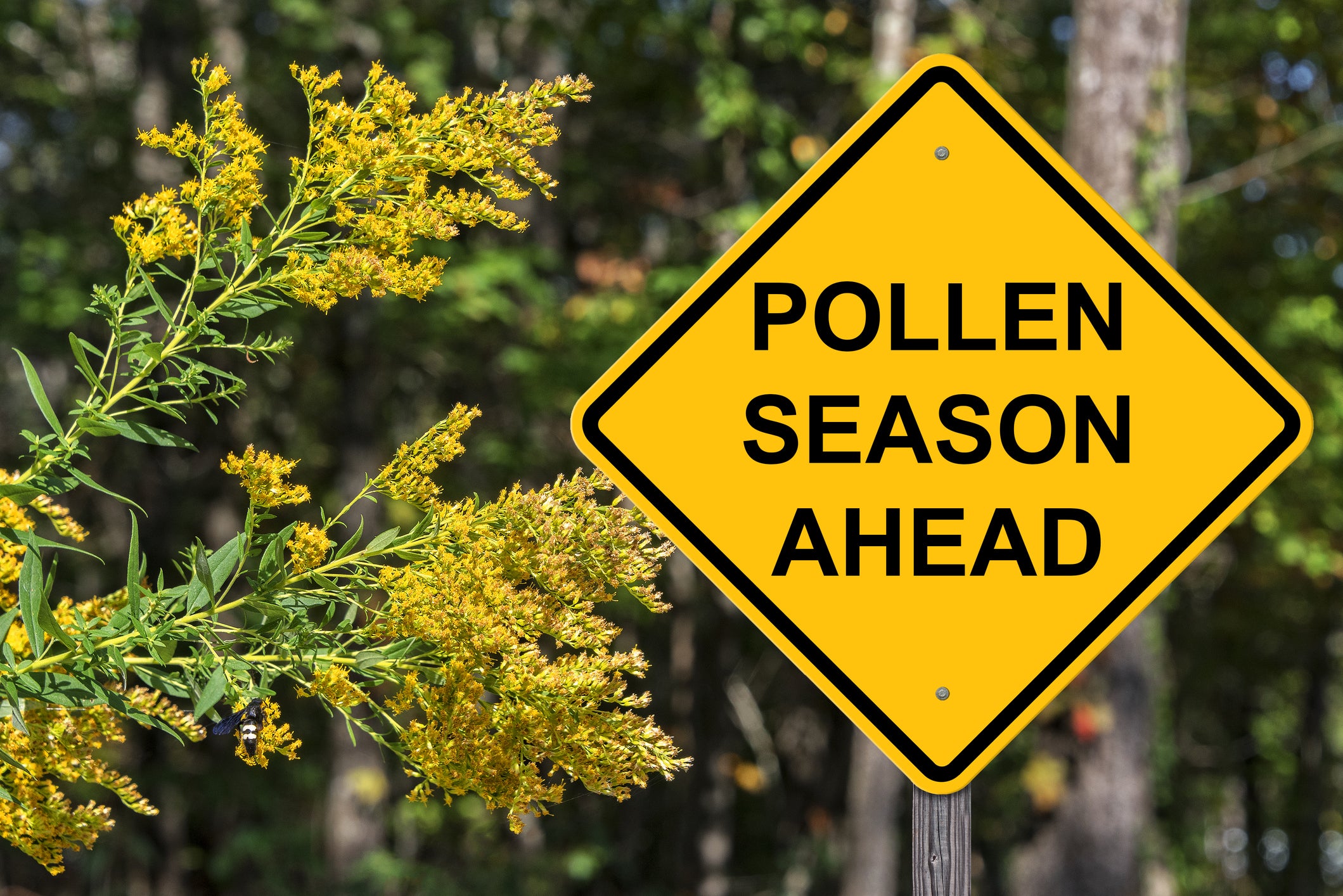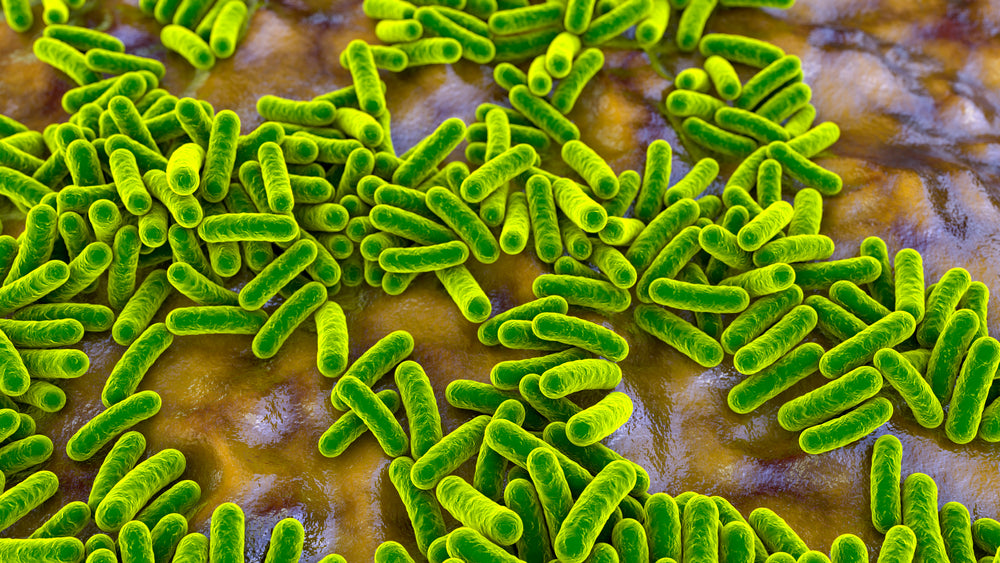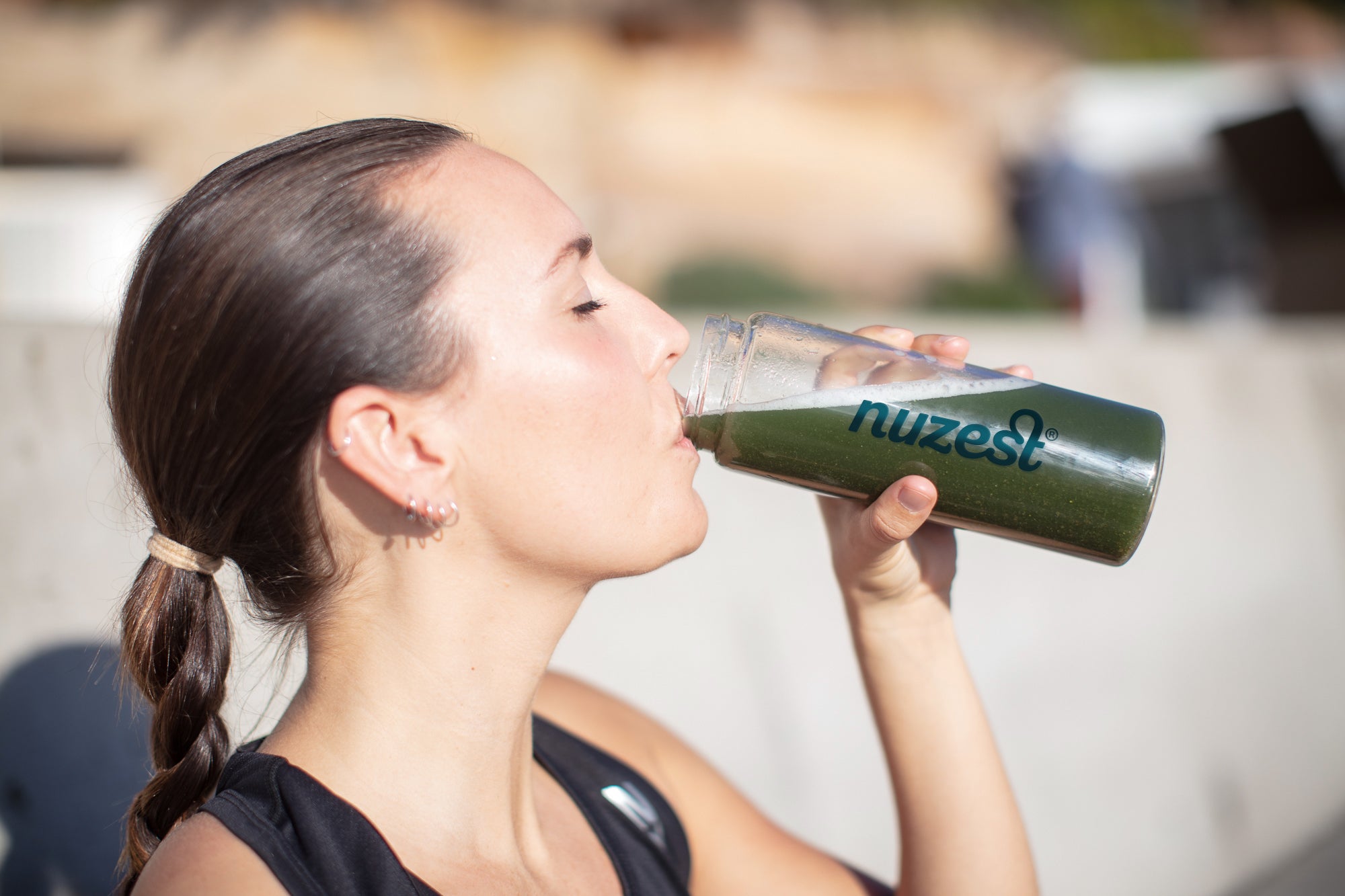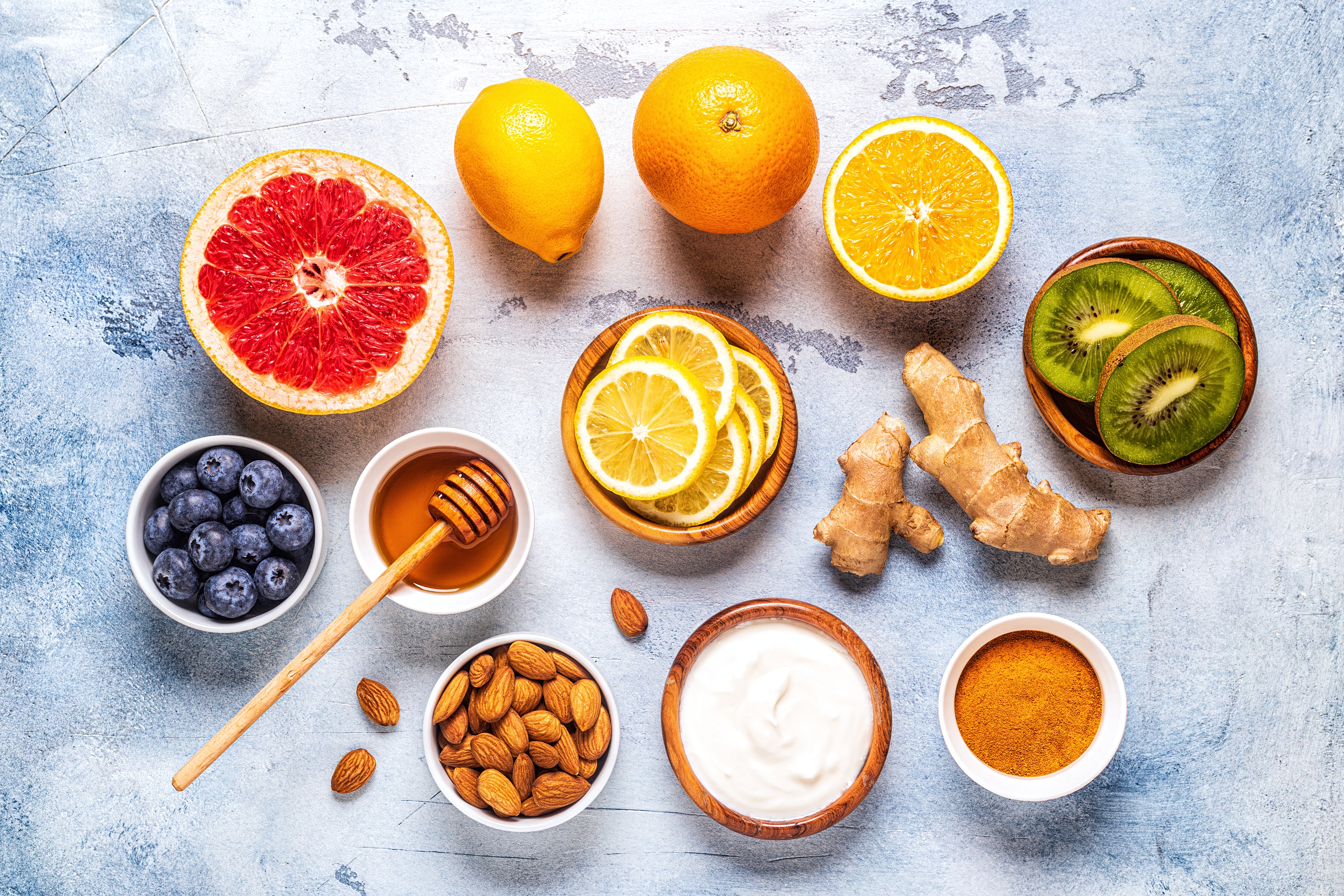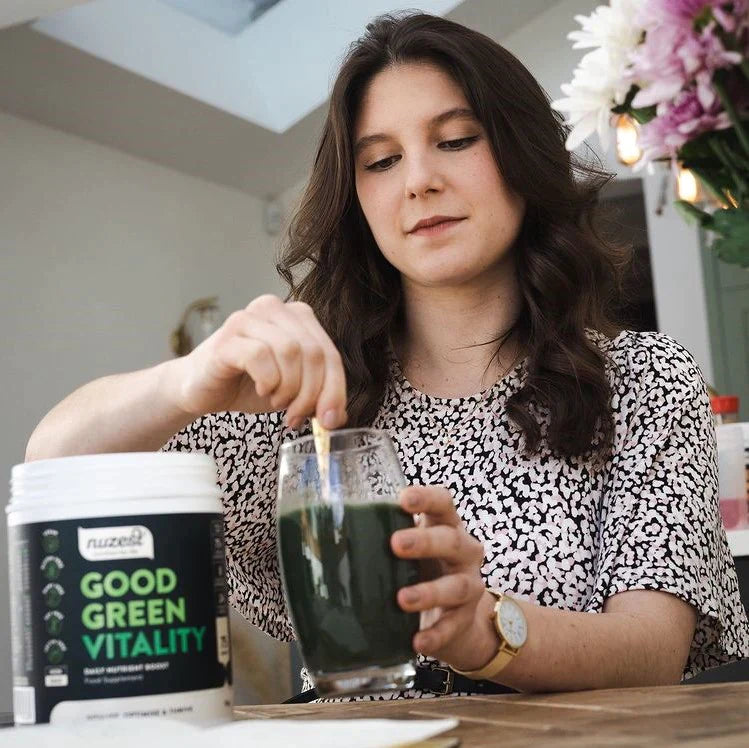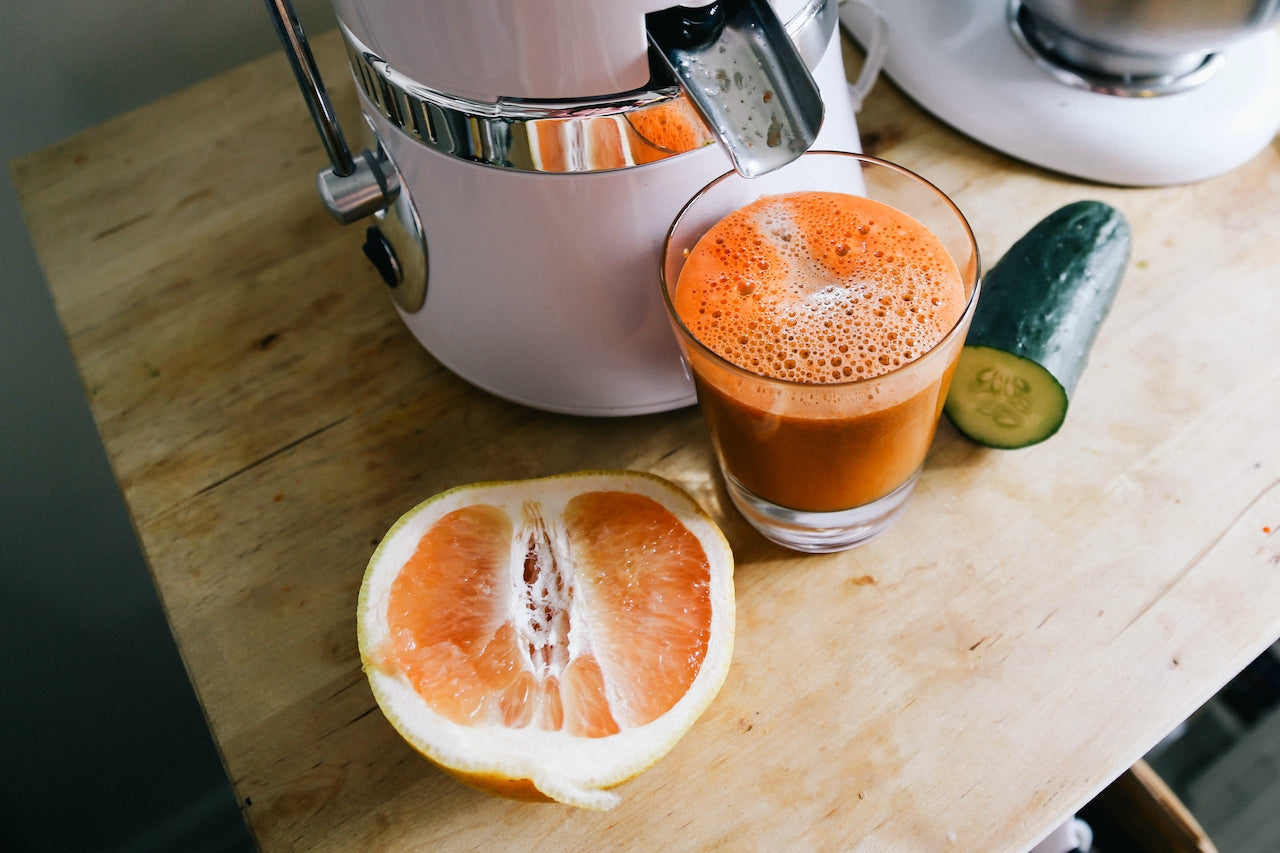Gut health is a hot topic today, and for good reason. The gut is now considered to be the second brain because it “knows” what our body needs and works in tandem with other systems of the body. Many people experience minor gut issues or IBS, IBD, Colitis, Crohn's Disease, as well as gastrointestinal discomfort, flatulence, bloating, heartburn, nausea, constipation, diarrhea, food sensitivities, incontinence, abdominal pain and cramps, loss of appetite, weight loss, and bloating. If you want to support a healthy gut, read on to learn some helpful tips and tricks.
It is entirely natural to experience stomach disturbances from time to time, but if you or someone who you know is experiencing them more regularly or has been diagnosed with a gut health issue, it’s important to take action.
Gut health is dependent on a healthy, fiber-rich diet and lifestyle, normal GI tracks, normal GI microbiome, moderate but regular exercise, and pre-and probiotics, and a stable mental status—even stress can compromise the gut. What should you be doing to ensure you maintain excellent gut health? Take care of your gut! Incorporate fiber and clean, nutrient-dense vegetables and products such as our Clean Lean Protein, which is easy (for most) to digest, into your diet, stress less, and stay away from certain toxins and foods that can kill your good gut bacteria! Fiber aids the body’s natural digestion process.1
Table of Contents
- What is Gut Health and Why is it Important?
- What Causes Bad Gut Health, and What's Good for Gut Health?
- What Does Gut Health Affect?
- 10 Tips to Improve Gut Health Naturally?
- Protein Digestion and Absorption
What is Gut Health and Why is it Important?
The word ‘microbiota’ refers to the microbes, or flora, that inhabit our guts. The human gastrointestinal microbiota contains approximately 300 to 500 bacterial species!23 Whether or not these good “bugs” are well taken care of and in good health affects everything from our physical appearance to our emotional and mental well-being.
Gut health affects the following aspects of health:
- Metabolism
- Disease and conditions including obesity
- Mental health
- Skin
- Mood and stress levels
- Immune system
- Digestion
- Weight
- Heart health
These aspects of your health, if affected negatively, can be turned around quite easily via a few simple lifestyle changes or tweaks. In addition, numerous diseases can be prevented and/or treated with improved gut health.2
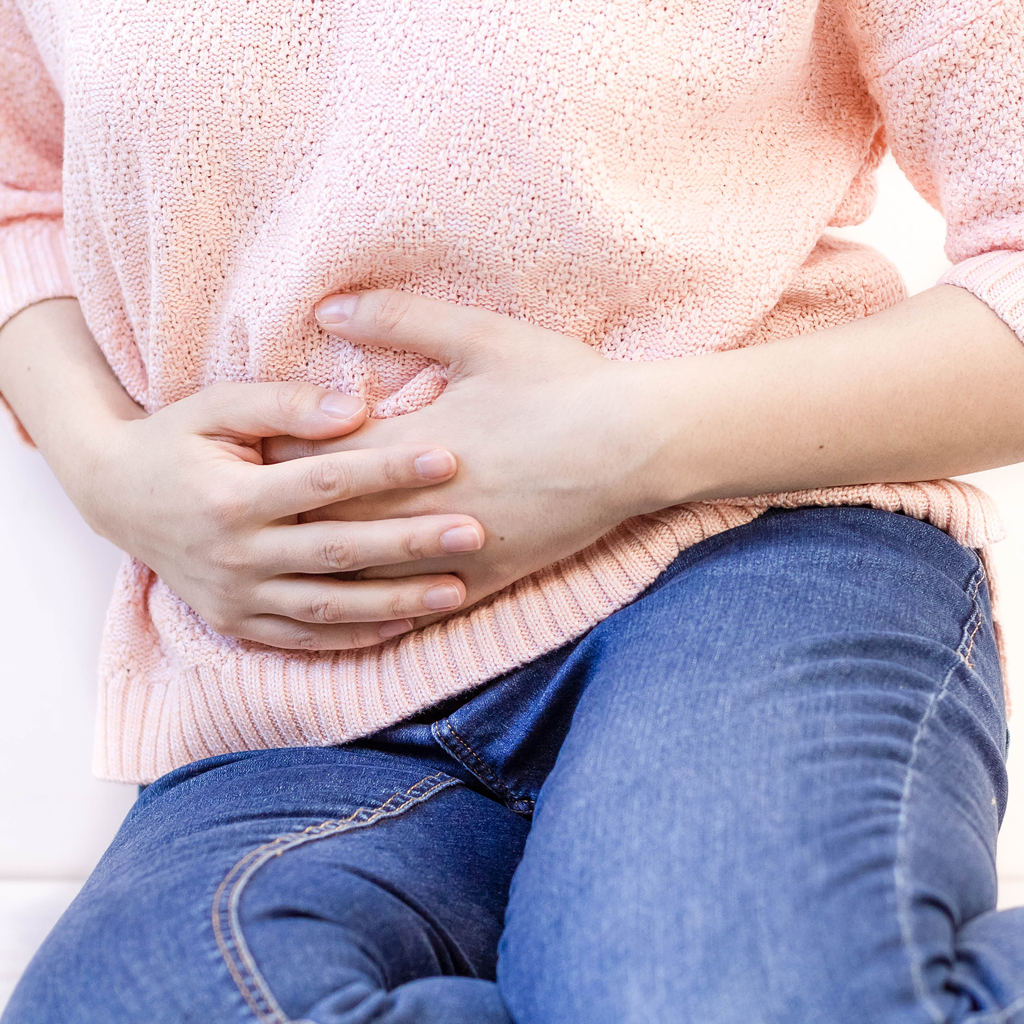
What Causes Bad Gut Health, and What's Good for Gut Health?
Optimal gut health is dependent on lifestyle. There are a number of scientifically proven ways to heal, maintain, and improve your gut health, and thus improve your overall health and life. So, what are they? For starters, you’ll want to avoid certain things, such as sugar, antibiotics, stress, and environmental toxins—all of which can harm the gut. It’s then essential to care for your gut via doing things like managing stress, consuming fiber, sleeping, and exercising.22
What Does Gut Health Affect?
Put simply? Gut health affects almost everything.
- Hair, skin, and nails—Yes, beauty is dependent on good gut health! A diet that’s full of fiber-rich fruits and vegetables and select products including our delicious and easy to digest Clean Lean Protein can improve the health and appearance of your skin, hair, and nails via nourishing the good gut bacteria.
- Hormones, mood, anxiety, and depression—Numerous studies demonstrate that stress and anxiety levels, depression, and mood are directly associated with the state of one’s gut.8,10
- Mental cognition—the state of one’s brain health is proven to be connected to the gut and poor gut health has been to proven to lead to mental disturbances.10
- Memory10
- Heart and kidney health—various conditions have been linked to gut health.11
- Sleep—sleep is dependent on proper gut health, and gut health can lead to better sleep.20
- Digestion—Regular, healthy digestion is related to and dependent on a healthy gut. Poor gut health can lead to IBS, bloating, and other conditions.12
- Metabolism—as with digestion, metabolism is directly tied to the state of one’s gut health.12
- Weight—if you’re experiencing weight issues, the gut may be one of the first places that you want to investigate and care for.12 Gut health can affect weight loss, weight gain, and weight maintenance.
- Skin—various skin conditions have been linked to poor gut health. If your gut is in excellent condition, your skin will look better.13

10 Tips to Improve Gut Health Naturally
In many cases, it is possible to improve your gut health naturally. Below are 10 tips that you can easily integrate into your daily routines to start promoting a healthy, happy gut:
-
Take a Probiotic
Taking a probiotic daily is a proven, relatively inexpensive, and effective way to heal and maintain proper gut functioning. With gut health in mind, one of our Clean Lean Protein Digestive Support Protein products contains probiotics, in particular, Bacillus coagulans. It’s designed to nourish the gut as you fuel your body with protein. The probiotics feed your gut and make the protein easier to digest. It’s a win, win situation! Bacillus coagulans is a special type of good bacteria that is far stronger due to its spore form. Unlike other bacterial probiotics, (acidophilus, bifidobacteria, etc.), Bacillus Coagulans is surrounded by a protective “shell” in the form of a spore. These spores can survive exposure to light, heat, oxygen and hydrochloric acid. Because of this, Bacillus coagulans does not have to be refrigerated, and can easily survive stomach acid without an enteric coating.25 -
And Don't Forget L-Glutamine
A common side effect of chemotherapy and radiation treatment for cancer patients is inflammation of the digestive tract caused by ulceration to the mucositis (the mucous lining). This breakdown of the gut’s structure promotes leaky gut, as it increases gut permeability, risk of infection, increased growth of toxic bacteria in the gut and entering the blood and essential circulation to all parts of the body. L-glutamine has been shown to help a damaged gut and may help rebuild the lining in your intestines and improve wound healing! L-glutamine is also beneficial for collagen synthesis. Glutamine is partly broken down into proline, which is essential for your own collagen production and enhancing a solid gut lining.24 Clean Lean Protein Digestive Support Protein contains the amino acid L-glutamine, which can help to rejuvenate the lining of the gut. -
Consume Fermented Foods
Fermented foods such as miso, sauerkraut, and fermented vegetables contain naturally occurring probiotics, as well, so it’s an excellent idea to incorporate such foods into your diet. You don’t need to consume a lot of fermented foods—start with a serving per day or every few days, to begin with. Fermented foods can be difficult to digest for some. For others, they can aid digestion. -
Fill up on Fiber
You can also eat prebiotic fiber. Probiotics and the good bacteria in your gut feed off of non-digestible carbohydrates, aka fiber. Fruits and vegetables are full of nutrients and fiber. Supplement your diet with products such as inulin, which is derived from sources including agave and Jerusalem artichoke, to up your fiber intake. -
Sleep!
Poor, disturbed, and irregular sleep can negatively impact gut flora. Be sure to establish a nightly routine that allows for sleep that’s as nurturing as possible, and try to get the recommended 6-8 hours of sleep per night. -
Stress Less!
Psychological and environmental stress can affect your gut health. To minimize stress, you can ensure adequate amounts of sleep, meditate, take herbal supplements including Ashwagandha, and, simply, remember to breathe! -
Avoid Environmental Toxins
This includes switching to natural home cleaning products and drinking filtered water. -
Avoid antibiotics
Simply put, they fight against and can kill the good gut bacteria. Keep in mind that while antibiotics can be overprescribed and are often prescribed inappropriately, they can save lives. Consult with your doctor. -
Consume Less, or optimally no sugar
Sugar, corn syrup, and artificial sweeteners actually inhabit the gut with bad bacteria. Artificial sweeteners such as aspartame can increase the number of some bacterial strains that are linked with metabolic disease.21 -
Eat Chocolate... Say What?
Yes, you read that right. Chocolate, or more specifically cacao, actually has pre-biotic properties to help fuel the good bacteria in your digestive tract! WHAT?! Research shows that cacao has a positive effect on gut microbiome and help rebalance digestive health!26 Scientists from Louisiana State University reported the friendly bacteria in our gut can use cacao powder to make compounds known to actually reduce inflammation!27 P.S. Our Digestive Support Protein contains cacao. There have been several studies showing the consumption of cocoa and how it increases the levels of friendly bacteria in the gut. One study from the Department of Food and Nutritional Sciences measured higher levels of Lactobacillus and Bifidobacterium species in the intestines of human volunteers who drank high-cocoa chocolate milk for 4 weeks.28 The same team previously revealed that components in cocoa can reduce the growth of Clostridium histolyticum bacteria, which are present in the guts of individuals with inflammatory bowel disease (IBS).29 In pigs, higher levels of the friendly bacteria Lactobacillus and Bifidobacterium species were also found in the colon in response to a high-cocoa diet and known inflammation levels were reduced!30 -
Exercise Regularly
Exercise contributes to your heart health and is linked with weight loss and weight maintenance. According to studies, exercise may also improve gut health. It can help to encourage a wider range of good gut bacteria.3,4,5,6,7
Protein Digestion and Absorption
Clean Lean Protein Digestive Support Protein is formulated from the highest-quality available pea protein.
Here, we answer some frequently asked questions about pea protein:
-
Can pea protein can cause an upset stomach, stomach pain, and diarrhea?
Unlike whey and other chemical-laden protein powders, pea protein is easy to digest, so it shouldn’t cause any of the above. The probiotics in our Clean Lean Protein aid with diarrhea and stomach pain. Pea protein also a complete source of essential amino acids, which work to heal the gut lining.14,15,16 -
Can pea protein cause inflammation?
Pea protein is anti-inflammatory! An anti-inflammatory diet is one that is rich in fiber and plants, and pea protein is plant-based.22 -
Can pea protein powder cause bloating?
Unless you are sensitive to pea protein, no! Whey, if you’re sensitive to it, can cause abdominal pain, bloating, but pea protein can easier to digest for some, to the lack of dairy. It’s also free of lectins and artificial ingredients, thus making it easier to digest for some people.14,19 -
Can pea protein cause constipation or nausea?
Pea protein is dairy-free, so if you’re sensitive to dairy (and many of us are), it won’t irritate the lining of your gut. Again, it’s a plant-based protein, and our Clean Lean Protein contains probiotics that actually work against constipation, bloating and nausea.14,18,19
The state of your gut determines, in many ways, the state of your health and appearance. In order to look and feel your best, prevent disease, and lead a healthier, happier life, it’s essential that you care for your gut. The best ways to do so? Make sure to sleep properly. Avoid stress as much as possible. Exercise! feed your gut with good probiotics such as those in our Clean Lean Protein Digestive Support Protein. Try to avoid environmental toxins as much as you can. Avoid sugar and antibiotics, which kill the good gut bacteria. And finally, consume a diet that’s rich in anti-inflammatory, fiber-rich, plant-based foods. Your good bacteria in your gut will thank you and, in turn, they’ll provide you with a healthier and happier life.
References:
- https://bmcmedicine.biomedcentral.com/articles/10.1186/1741-7015-9-24
- https://www.ncbi.nlm.nih.gov/pmc/articles/PMC3983973/
- https://www.ncbi.nlm.nih.gov/pmc/articles/PMC6306734/
- https://www.ncbi.nlm.nih.gov/pubmed/25982560
- https://www.ncbi.nlm.nih.gov/pmc/articles/PMC4082611/
- https://www.ncbi.nlm.nih.gov/pmc/articles/PMC4029760/
- https://www.ncbi.nlm.nih.gov/pmc/articles/PMC6141245/
- https://www.health.harvard.edu/blog/gut-feelings-how-food-affects-your-mood-2018120715548
- https://www.health.harvard.edu/heart-health/healthy-gut-healthy-heart
- https://www.ncbi.nlm.nih.gov/pmc/articles/PMC6282467/
- https://www.ncbi.nlm.nih.gov/pmc/articles/PMC3983973/
- https://www.ncbi.nlm.nih.gov/pmc/articles/PMC4082611/
- https://www.ncbi.nlm.nih.gov/pmc/articles/PMC6048199/
- https://www.ncbi.nlm.nih.gov/pubmed/25882536
- https://www.ncbi.nlm.nih.gov/pubmed/18330140
- https://academic.oup.com/jn/article/130/7/1835S/4686195
- https://www.ncbi.nlm.nih.gov/pubmed/20077421
- https://ghr.nlm.nih.gov/condition/lactose-intolerance
- https://www.ncbi.nlm.nih.gov/pmc/articles/PMC6505234/
- https://www.ncbi.nlm.nih.gov/pmc/articles/PMC6290721/
- https://www.ncbi.nlm.nih.gov/pmc/articles/PMC6363527/
- https://www.ncbi.nlm.nih.gov/pubmed/21442413
- https://www.ncbi.nlm.nih.gov/pmc/articles/PMC3983973/
- https://www.ncbi.nlm.nih.gov/pmc/articles/PMC4696378/
- https://www.ncbi.nlm.nih.gov/pmc/articles/PMC6025323
- https://www.ncbi.nlm.nih.gov/pmc/articles/PMC3566565
- https://www.acs.org/content/acs/en/pressroom/newsreleases/2014/march/the-precise-reason-for-the-health-benefits-of-dark-chocolate-mystery-solved.html
- https://academic.oup.com/ajcn/article/93/1/62/4597700
- https://www.ncbi.nlm.nih.gov/mesh?Db=mesh&term=Clostridium+histolyticum
- https://academic.oup.com/jn/article/146/4/673/4584912

